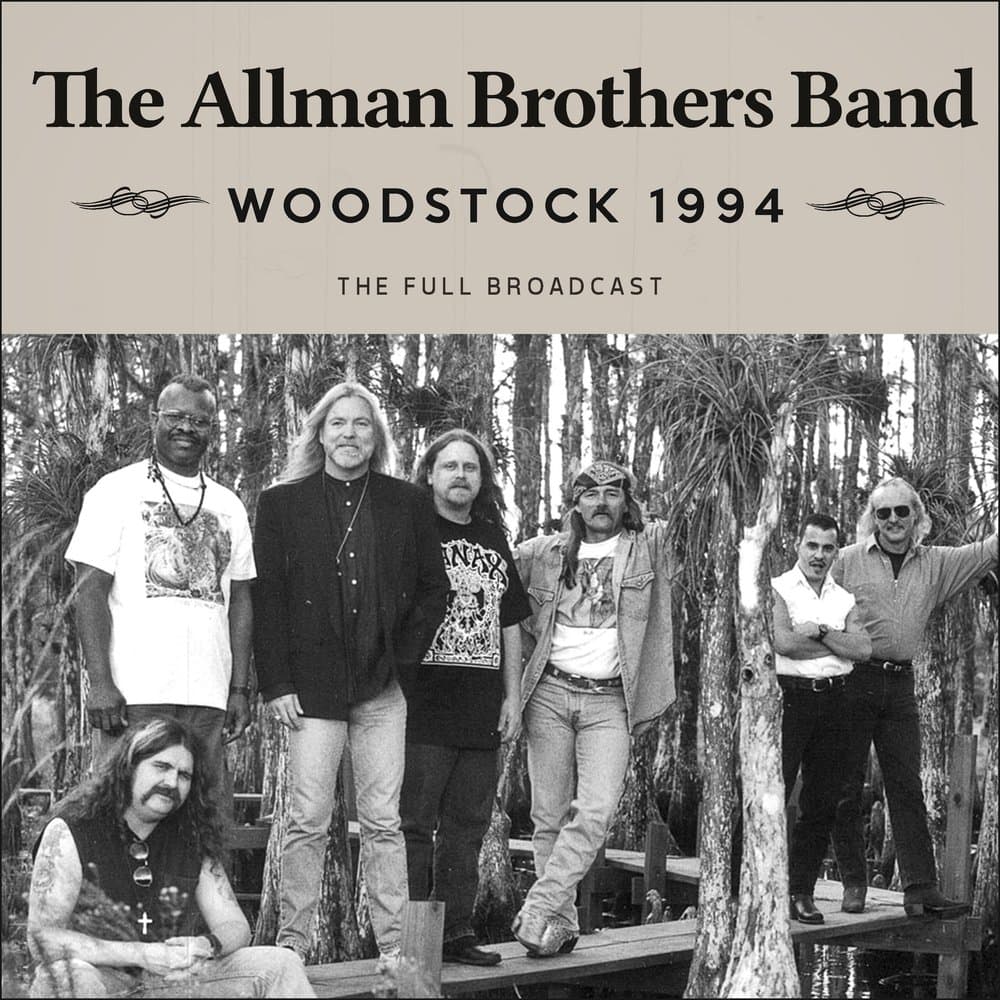
The Allman Brothers Band’s “Whipping Post”: A Southern Rock Epic of Despair and Defiance
“Whipping Post” by The Allman Brothers Band is one of the most powerful and enduring songs in the history of Southern rock, a genre-defining track that captures the raw emotion and intensity that the band was known for. Written by Gregg Allman and originally featured on the band’s self-titled debut album in 1969, “Whipping Post” has become a cornerstone of their live performances, renowned for its extended improvisations and electrifying energy.
At its core, “Whipping Post” is a song about pain, betrayal, and the feeling of being pushed to the breaking point. The lyrics vividly describe the torment of a man who feels like he’s being relentlessly beaten down by life, comparing his suffering to being tied to a whipping post. The refrain, “Good Lord, I feel like I’m dyin’,” is a powerful expression of despair, yet there’s also a sense of defiance in the way it’s delivered, embodying the spirit of resilience that is central to the song.
Musically, “Whipping Post” is a tour de force, combining elements of blues, rock, and jazz in a way that was groundbreaking for its time. The song’s 11/8 time signature gives it a unique and complex rhythm, setting it apart from more straightforward rock songs. The interplay between Duane Allman’s searing slide guitar and Dickey Betts’ melodic lead guitar creates a dynamic and emotionally charged atmosphere that perfectly complements Gregg Allman’s anguished vocals. The rhythm section, featuring Berry Oakley on bass and Butch Trucks and Jai Johanny “Jaimoe” Johanson on drums, drives the song forward with a relentless intensity that mirrors the song’s lyrical themes.
Although “Whipping Post” was not released as a single and didn’t chart, its impact cannot be measured by commercial success alone. The song quickly became a staple of The Allman Brothers Band’s live shows, where it would often be extended into 20-minute jams that showcased the band’s extraordinary musicianship and improvisational skills. One of the most famous live versions of the song was recorded for their 1971 live album At Fillmore East, which is widely regarded as one of the greatest live albums of all time. This live rendition of “Whipping Post” is often cited as one of the defining moments of the band’s career, capturing the raw power and energy that made their live performances legendary.
“Whipping Post” has also been recognized as a classic in rock music history. It has been included in numerous “greatest songs” lists and has been covered by a wide range of artists, demonstrating its lasting influence and appeal. The song is often hailed as one of the best examples of Southern rock and is credited with helping to define the genre in its early years.
The song’s themes of suffering and resilience have resonated with generations of listeners, making it an anthem for those who feel beaten down by life’s challenges. The raw emotion in Gregg Allman’s vocals and the band’s powerful instrumentation create a visceral experience that draws listeners into the story, making them feel the pain and defiance expressed in the lyrics.
In conclusion, “Whipping Post” by The Allman Brothers Band is not just a song—it’s a powerful expression of human emotion and a masterclass in musicianship. Its complex structure, searing guitar work, and intense live performances have made it a classic that continues to captivate audiences decades after its release. Whether experienced as a tightly controlled studio recording or an epic live jam, “Whipping Post” remains one of the most compelling and enduring songs in the history of rock music.